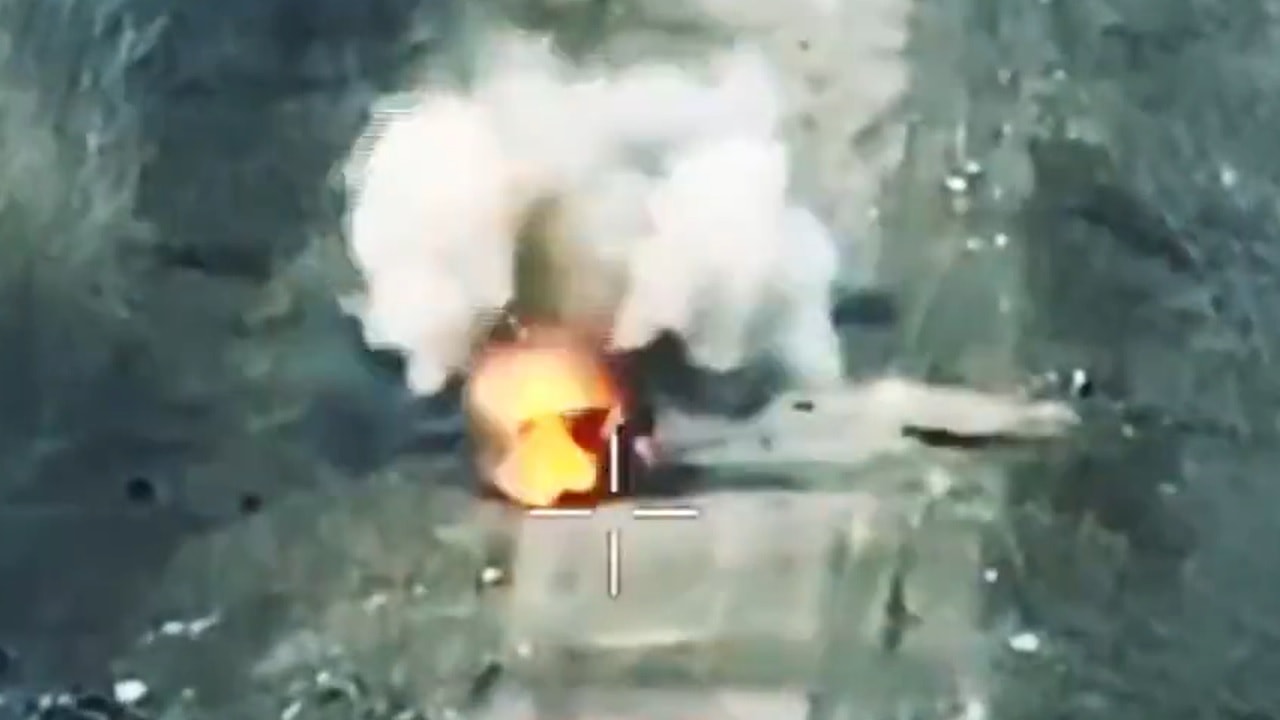In the middle of June, Yevgeny Prigozhin and his Wagner Group mercenaries challenged the authority of Russian President Vladimir Putin by invading Russia.
During 24 hours of mutiny, the mercenaries captured Russia’s southern military district headquarters in Rostov-on-Don, shot down several Russian jets and helicopters, and came within reach of Moscow. Several Russian military officers and officials supported the mutiny directly or indirectly.
However, under pressure from Russian insiders, Prigozhin pulled the plug and ordered his forces back to their barracks. The mercenary group that almost changed Russian history quickly became an outcast.
Wagner Group in Belarus
Since the middle of July, several thousand Wagner Group mercenaries have set camp at Tsel, in central Belarus. The deal that Belarusian President Alexander Lukashenko brokered between Putin and Prigozhin stipulated that Wagner Group mercenaries leave Russia οr join the Russian military as contract soldiers. About 7,000 or 8,000 mercenaries stayed with the Wagner Group, and most of them are in Belarus.
According to imagery intelligence analyzed by the British military, hundreds of vehicles have arrived at the facility, but there are few armored vehicles in the camp.
Lukashenko will have to find a way to deal with the vicious mercenary group. But to remain a credible fighting force suitable for large-scale operations, the private military company will need heavy weaponry, and that is something it does not have — the Wagner Group returned its stocks to the Russian military.
Earlier in August, Putin passed a law that will increase the power of the Rosgvardia, the Russian national guard, and allow it to carry heavy weapons systems, including main battle tanks and infantry fighting vehicles. It is likely that these weapons will come from the Wagner Group’s old stocks.
No Money Without Loyalty
The private military company’s influence and combat power have waned since the mutiny. The Wagner Group is going through a downsize at the moment, according to Western intelligence.
“Since the abortive mutiny of June 2023, the Russian state has acted against some other business interests of Wagner owner Yevgeny Prigozhin. There is a realistic possibility that the Kremlin no longer funds the group,” British Military Intelligence assessed last weekend. “The Russian state no longer pays Wagner, the second most plausible paymasters are the Belarusian authorities. However, the sizable force would be a significant and potentially unwelcome drain on modest Belarusian resources.”
The Russian military will feel the loss of the Wagner Group as a fighting force. A brutal organization that has committed war crimes, the Wagner Group was nonetheless effective on the battlefield.
Indeed, it was Prigozhin’s mercenaries who captured the town of Bakhmut after months of fighting. It was also Wagner Group mercenaries who carried the brunt of any large-scale offensive fighting for months.
With the Ukrainian counteroffensive in full swing, Russian commanders on the ground could use Wagner Group mercenaries. But it looks like one mutiny is enough for Putin.
A 19FortyFive Defense and National Security Columnist, Stavros Atlamazoglou is a seasoned defense journalist specializing in special operations, a Hellenic Army veteran (national service with the 575th Marine Battalion and Army HQ), and a Johns Hopkins University graduate. He is currently working towards a Master’s Degree in Strategy, Cybersecurity, and Intelligence at the Johns Hopkins University’s School of Advanced International Studies (SAIS). His work has been featured in Business Insider, Sandboxx, and SOFREP.
From the Vault
‘You Really Oughta Go Home’: F-22 Raptor Stealth Fighter Flew Under F-4 From Iran

